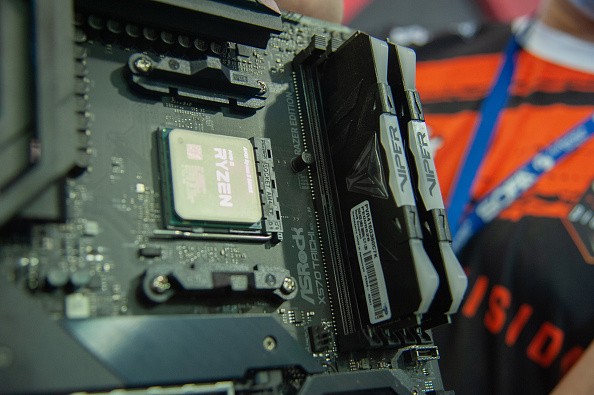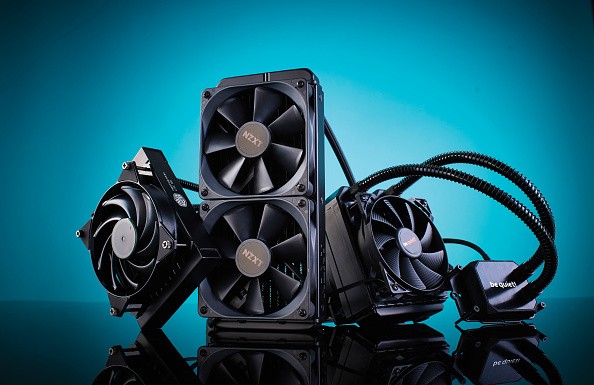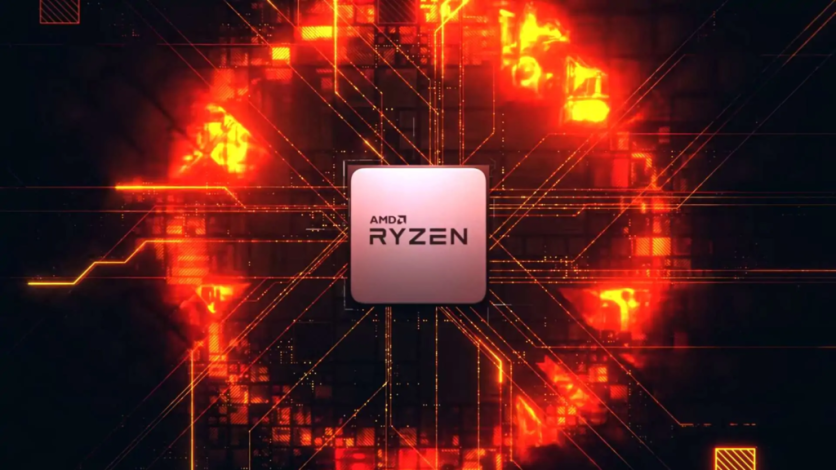AMD Zen 4 news finally saw the light of day, and it looks like the jump to next-gen won't have people needing to change motherboards for the long haul.

VideoCardz reports that Team Red plans to ensure that the AM5 socket will be "long-lived." Furthermore, it was also confirmed that the socket will be able to take previous-gen AM4 coolers, so people won't need to get rid of their current CPU cooler when they make the jump.
The AM4 socket, in comparison, has basically supported all Ryzen processors since the first generation in 2017. That's over four years without a platform change, which allowed users to upgrade their CPUs while not needing a motherboard change (though some did need a BIOS update).
As such, PC enthusiasts could look at a roughly four-year life cycle for the AM5 socket at the very least.
On the other hand, cooler mounting could be another piece of good news for those looking to upgrade to Zen 4. AMD didn't exactly give specifics, but it could be safe to assume that higher-end AM4 coolers will be compatible with the AM5 socket right out of the box.

AMD Zen 4's Reason For Switching To LGA
Way back in May 2021, Tech Times reported on a rumor that said Team Red will be going LGA a-la Intel with socket AM5, and it turned out the rumor was accurate. According to Robert Hallock and Frank Azor of AMD, there's a good reason for the switch from a Pin Grid Array (PGA) to a Land Grid Array (LGA) configuration.
As per the original VideoCardz report, they said that LGA (where the pins are on the motherboard and not the CPU) simply offers a far better pin density. With more pins comes next-gen connectivity, such as what PCIe 5.0 and DDR5 memory require.
More Details About Zen 4
Aside from the now-confirmed switch from PGA to LGA, there are several other new details about Zen 4.
As per PCGamer, the platform's backwards compatibility with AM4 coolers might not be absolute. What this could mean is that basic stock coolers might not be compatible with AM5, but higher-end models could. However, answers will only come once the actual hardware is out.
AMD also disclosed that Zen 4 chips will be made using a 5nm process. This will be Team Red's smallest manufacturing node yet. For the unaware, the smaller the node, the more performance you generally get.

The Big Tech giant teased the performance gain in an early live demo of a Zen 4, Ryzen 7000 CPU. According to PCMag, CEO Lisa Su boldly claimed that the new chip was running all of its cores at a clock speed of over 5 GHz, which is insanely fast for a consumer-class chip.
Lastly, AMD expects their next-generation CPU lineup to launch in the second half of 2022, which corroborates early rumors.
Related Article : Crypto Miners Could Target AMD CPUs Next--Here's What It Could Mean
This article is owned by Tech Times
Written by RJ Pierce
ⓒ 2025 TECHTIMES.com All rights reserved. Do not reproduce without permission.




